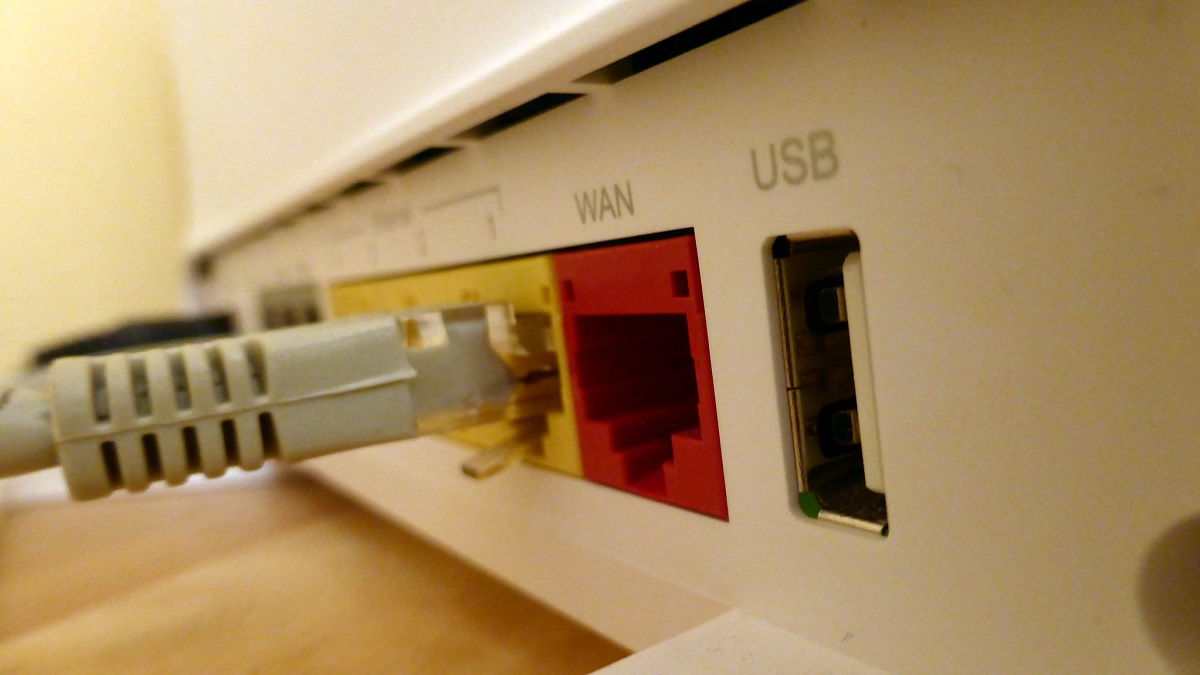
Google, Apple Inc., and even Facebook could be small players in the data collection game, hints a new report from the U.S. Federal Trade Commission (FTC). It appears the leading Internet Service Providers in the U.S. collect, share, and profit from huge amounts of users’ personal data.
The entirety of Internet Traffic, and even Real-Time Location Data are just some of the data metrics that the six leading Internet Service Providers in the U.S. collect and share for their own profits. Concerningly, the majority of subscribers of these ISPs are completely unaware of the practice. Moreover, practically they cannot do anything about the same.
Six leading ISPs in the U.S. and their affiliated advertising entities brazenly and rampantly harvest and profit from user data:
The six leading ISPs in the U.S. excessively collect, retain, use, and disclose info about consumers and their devices, claims the U.S. FTC in its report. The ISPs that the FTC names in the report are AT&T Mobility, Cellco Partnership (aka Verizon Wireless), Charter Communications Operating, Comcast (aka Xfinity), T-Mobile U.S., and Google Fiber.
FTC study of ISP privacy practices finds internet providers amass sensitive consumer data and can use it in ways that could harm consumers pic.twitter.com/8hNQHstJRr
— Margaret Harding McGill (@margarethmcgill) October 21, 2021
The FTC has also reportedly included three advertising entities affiliated with these companies. These include AT&T’s Appnexus rebranded as Xandr, Verizon’s Verizon Online, and Oath Americas rebranded as Verizon Media.
FTC full report on ISP privacy here for my policy followers. Story up soon. https://t.co/6Ysv0bMfep
— Tonya Riley (@TonyaJoRiley) October 21, 2021
Collectively, these ISP control roughly 98 percent of the nation’s mobile Internet market, claims the FTC. Traditionally, these companies offered fixed residential internet and mobile internet services. However, they have now expanded into voice, content, smart devices, advertising, and analytics services.
FTC finds that AT&T, Verizon, Comcast and other ISPs obscure what personal data they collect and how they use it
“Many ISP's in our study can be at least as privacy-intrusive as large advertising platforms”
“Some …also shared users' real-time location data with third parties” https://t.co/6tDN5idE5Z pic.twitter.com/ZML1ovnR0p
— ʟᴜʟᴜ ʟᴇ ᴍᴇᴡ☮︎ (@LuluLemew) October 23, 2021
Needless to mention, expansion in these areas, exponentially increases the volume of customer data they can collect and share with third parties, cautions the FTC.
ISP subscribers unaware or helpless in controlling the amount of data their service providers collect and share?
The FTC claims it discovered the ISPs collect huge pools of sensitive consumer data. These businesses use the data in ways their customers do not expect and could cause them harm.
The FTC came to the alarming conclusion presumably because ISPs can classify customers. Some of the categories include demographic characteristics, including race, ethnicity, gender, or sexuality.
How have I not spent the entire day tagging myself in the FTC ISP report's list of segments??? https://t.co/PRku2Ui5nJ pic.twitter.com/uSbBjS1OKW
— Shane (@shaneferro) October 22, 2021
Incidentally, ISPs claim to offer consumers choices about data collection, sharing, and usage practices. However, the FTC alleges these choices are nothing but eyewash.
“Even though several of the ISPs promise not to sell consumers personal data, they allow it to be used, transferred, and monetized by others and hide disclosures about such practices in the fine print of their privacy policies.”
A new report from the FTC on ISP data collection includes an 11 page list of the categories its sorted you into based on your browsing history. https://t.co/7PalKMo7R3
— VICE (@VICE) October 22, 2021
It seems the ISPs operating in the United States of America could be as privacy-intrusive as large advertising platforms. After all, the ISPs are the direct conduit that connects an Internet user to the Internet. This gives them direct and unfiltered access to their consumers’ entire unencrypted Internet traffic.


